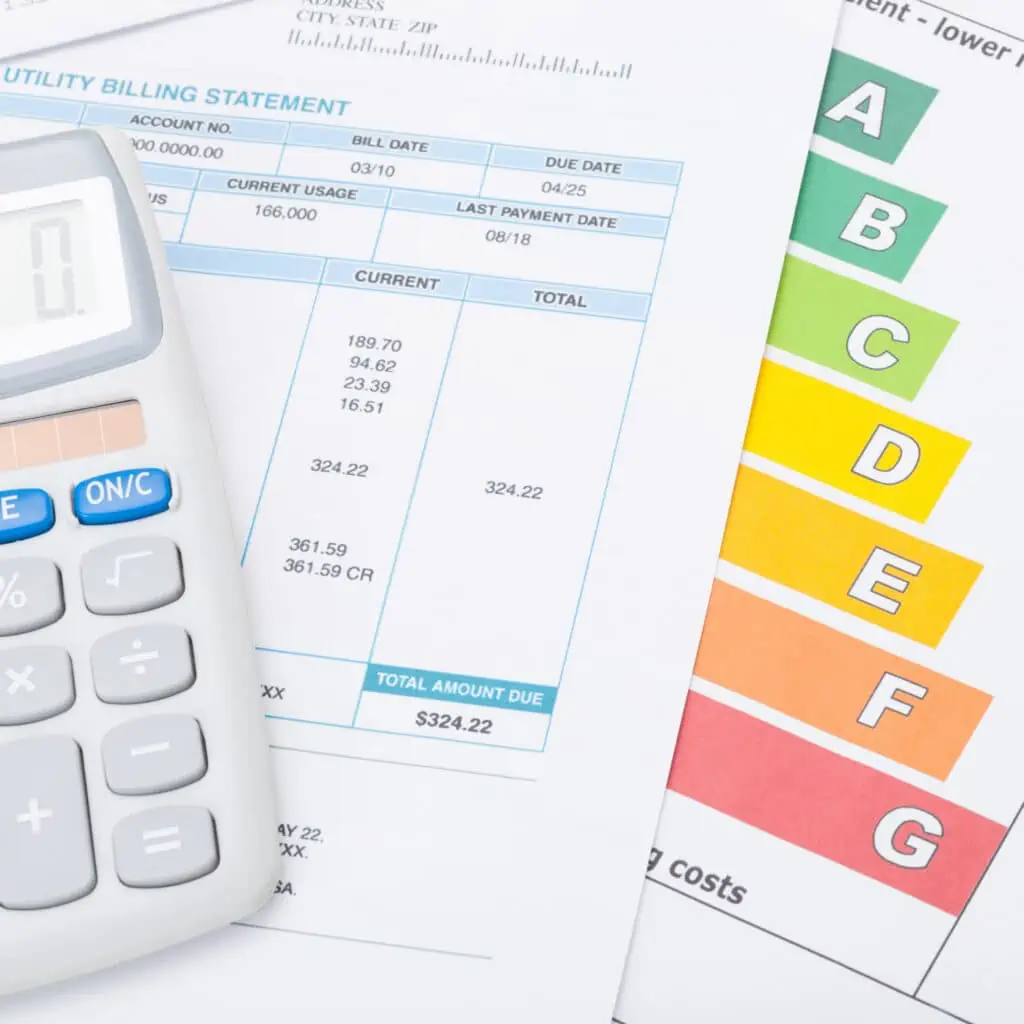Your electric rate is composed of various components that together make up the total cost of electricity.
These components can vary slightly depending on the specific utility company, but generally include the following:
Generation Costs:
This is the cost associated with producing electricity. It includes the expenses incurred by power plants, whether they are natural gas, coal, nuclear, renewable energy, or other sources. Generation costs can vary depending on the type of power plant, fuel prices, and maintenance expenses.
Transmission Costs:
The electricity generated at power plants needs to be transported over high-voltage transmission lines to reach local distribution systems. Transmission costs cover the expenses associated with maintaining, and operating these transmission lines.
Distribution Costs:
Once electricity reaches your local area, it is distributed to homes and businesses through a network of distribution lines. Distribution costs include the maintenance and operation of this infrastructure, such as substations, transformers, and power lines.
Capacity Costs:
The capacity price component of your electrical supply is defined by the amount of electricity that needs to be available to meet the demand requirements of your facility. The ISO calculates the cost of this (your capacity tax rate) by multiplying the energy your facilities uses in kWh by your operation’s demand requirements. To measure your usage, the ISO relies on something called a capacity tag.
Transmission and System Operator Charges:
Organizations such as ISO New England manage the regional grid and ensure its reliability. Charges associated with the operation and maintenance of the grid are included in your electric rate.
Taxes and Regulatory Fees
Taxes and regulatory fees, imposed by state and local governments, can make up a portion of your electric rate. These include state sales taxes and fees to support various state programs.
It’s important to note that the way these components are structured and calculated can differ depending on your utility and region.
It’s always a good idea to review your electric bill with your Energy Advisor for a more detailed explanation of all charges.
At Best Practice Energy we work alongside you to help you better understand every component of your price to form a unique strategy for your business’s energy procurement.
